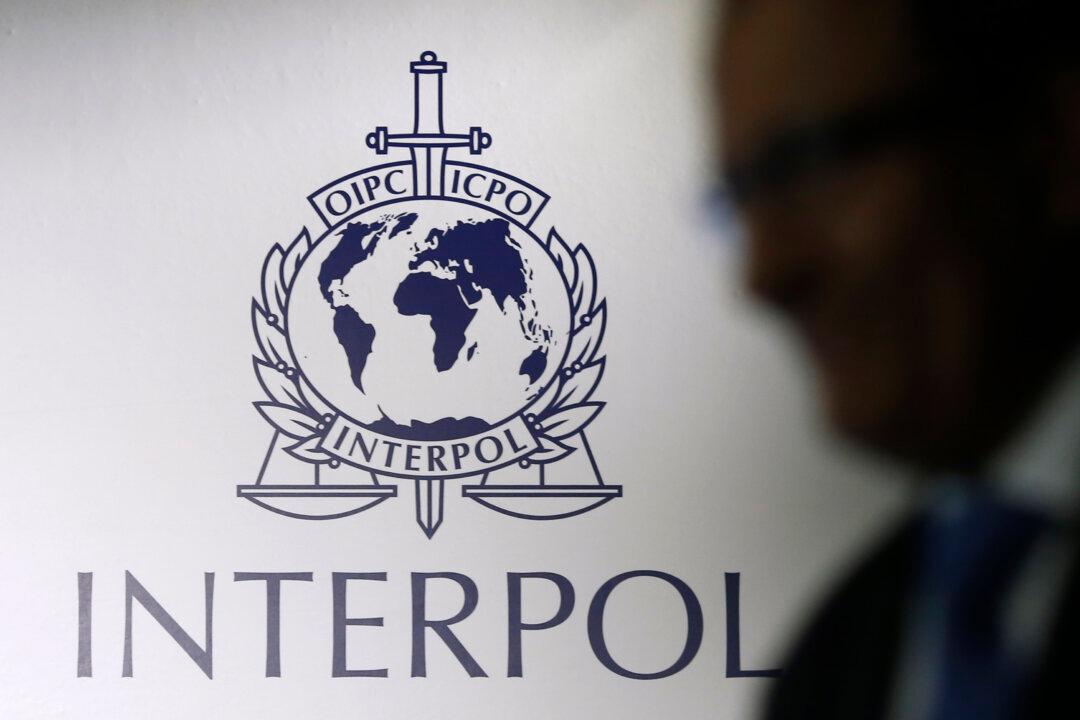Commentary
Interpol is supposed to be a respected international police organization, for collaboration to nab murderers and rapists. But when the world’s worst criminals get control, it starts to look closer to terrorism or the mafia.

Interpol is supposed to be a respected international police organization, for collaboration to nab murderers and rapists. But when the world’s worst criminals get control, it starts to look closer to terrorism or the mafia.